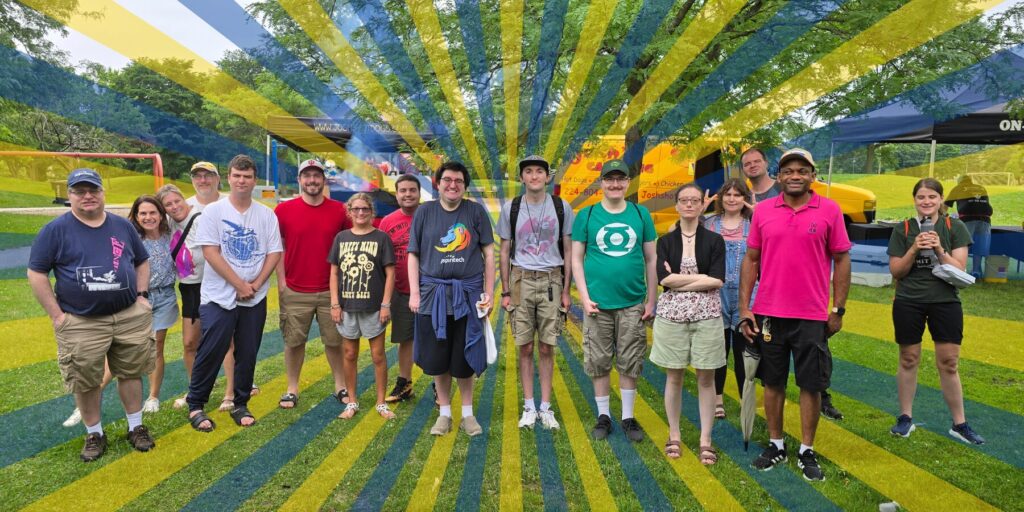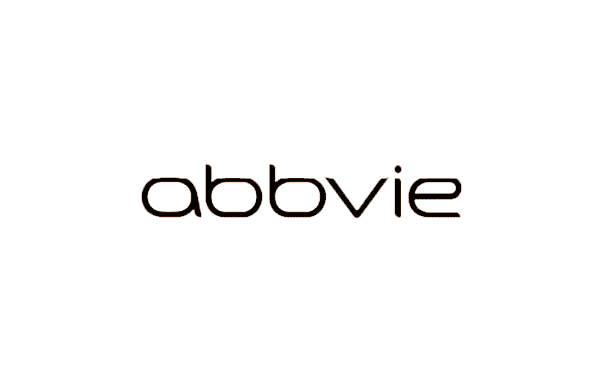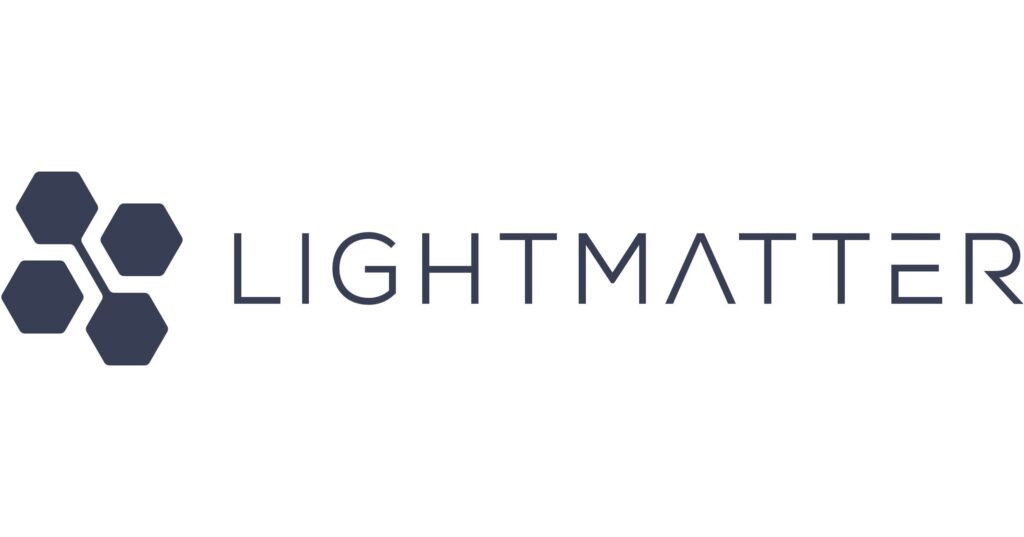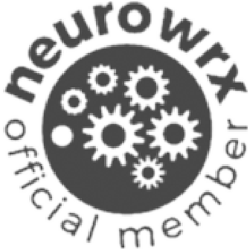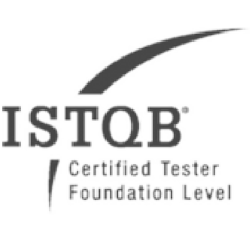I was diagnosed with what was called “Asperger’s Syndrome” when I was in my mid-20s, in 2001, but I received a more comprehensive diagnosis at the University of Illinois Chicago in 2005. I had learned about Autism/Asperger’s just a few years before, after being diagnosed with ADD (Inattentive type) in the late 1990s and attending an ADD/ADHD conference in Chicago, where I saw a book by Tony Attwood called The Complete Guide to Asperger’s Syndrome that caught my eye.
Shortly after I was diagnosed, I began to seek out support, but the only things out there for autism were groups for parents of autistic children. Not satisfied with this, I started a Meetup Group in 2006 for “Adults with Asperger’s”. Others came from around the Chicago area to the group, and when they mentioned how far they traveled, they started satellite groups in other parts of the Chicago area (including South Barrington and the South suburbs). Someone else took over the group shortly after I started it, realizing that it was harder than I thought to run a group. I also helped start a Women’s Asperger’s group (which I co-lead with another autistic female) which ran for a few years in Chicago. We collaborated with GRASP (Global Regional Asperger Syndrome Partnership, based out of New York) and became GRASP Chicago.
Aspiritech’s First Autistic Female Employee
In 2008, Moshe, Brenda and Oran Weitzberg visited GRASP Chicago one Sunday to talk about this new organization called Aspiritech they were starting, as a place for tech-minded autistic adults to work. At the time, I was still in school, but since I was unsure of what I was going to do for work after I graduated, I decided to apply at Aspiritech. It took me a few months for the training. This was basically testing how different email functions performed on a cell phone, which at the time was a simple phone with the ability to only call, text, and email. In 2010, I was the first autistic female to be hired at Aspiritech as a software tester. We worked out of Aspiritech’s first office, a small 2 or 3 room office in Highland Park, Illinois.
In the early days, there was not much in the way of steady work, which at the time was a bit of a relief for me, since my mother passed away in early 2011. I had moved out years before that, but I had to spend the next 6 months with my younger brother clearing out her house to sell and settling her affairs (my father died when I was in high school). Aspiritech hired who they called an “autism specialist” (who we now call a support person) in late 2010 or early 2011, and he, as well as Moshe, Brenda and the other employees, showed their kindness by coming to my mother’s memorial service and Shiva.
Right from the beginning, I encouraged Aspiritech to start social media accounts on Facebook, Twitter, and LinkedIn. We eventually also started pages on Instagram and the now defunct Google+. When we began appearing on the news we created a YouTube page. After a few years and after our software testing began ramping up, my position was changed to Social Media Specialist. My job was to exclusively work on our social media accounts. I mostly looked for stories about autism to share online, specifically being sure to focus on employment and adult issues (since the media still largely saw autism as an issue only affecting children). I was happy to be able to give an autistic voice to our social media and to Aspiritech as a whole.
Growth & Change
Around 2015 and after several office upgrades, Aspiritech finally got a large office space that was rapidly expanded, and was able to accommodate most of their staff to work onsite on a regular basis. There was a main office in Highland Park, and later a satellite office in downtown Chicago. This gave me and many others a chance to consistently connect with other staff. For the first time, I had my own desk and a consistent work schedule. In addition to my duties working on social media, I was also put in charge of sending thank you letters to donors and often helped with galas and other fundraisers.
Since then, Aspiritech has gone through a wealth of other changes, including going fully remote during the COVID pandemic in 2020 and 2021, moving offices again and eventually consolidating to a single building in Evanston. Our founders retired a year or so later and Aspiritech got a new CEO, and we ultimately transitioned to a fully remote or hybrid work model for everyone on a permanent basis.
For me, although sometimes working at Aspiritech had been a bit of a struggle at times in the past, today I am proud to work for such an important organization paving the way for Autistic adults. Starting the Autistic Advocacy Group at Aspiritech was a great way to get other employees to have a say and speak up about their own work environment and advocacy in general. More neurodivergent employees have more positions in the company than ever, including board members, management and decision-making roles. And having support available is something that makes this job special and has kept me going when I would often not be confident in my own abilities.
Additional Work & Advocacy
In addition to Aspiritech, I was also given the amazing opportunity to write a chapter in the book Sincerely Your Autistic Child, written by several members of the Autistic Women and Nonbinary Network. I talk about my experiences as an undiagnosed Autistic child, teen and young woman, dealing with being a misunderstood person and growing up in an already difficult family situation.
